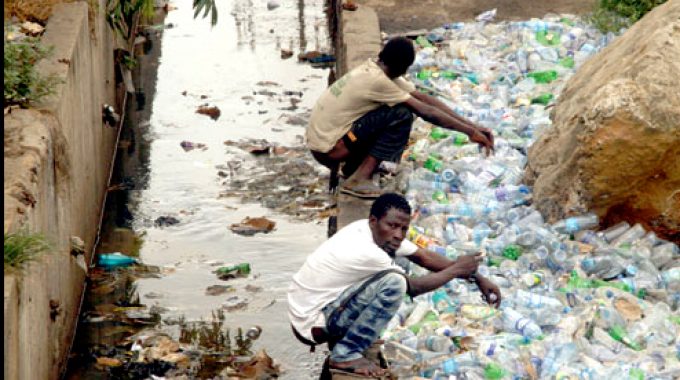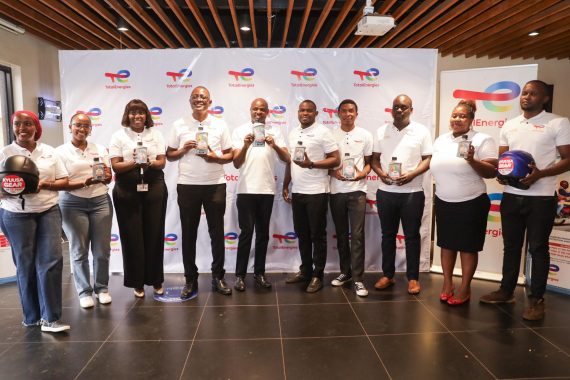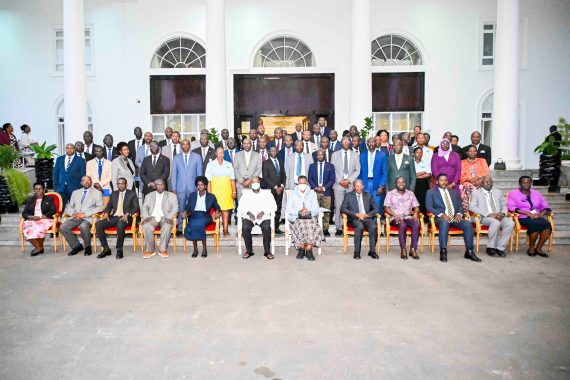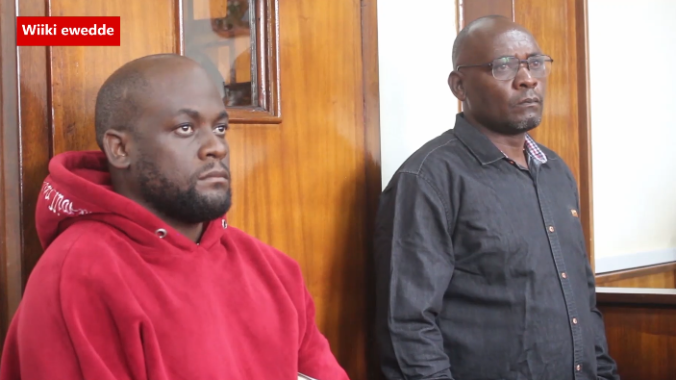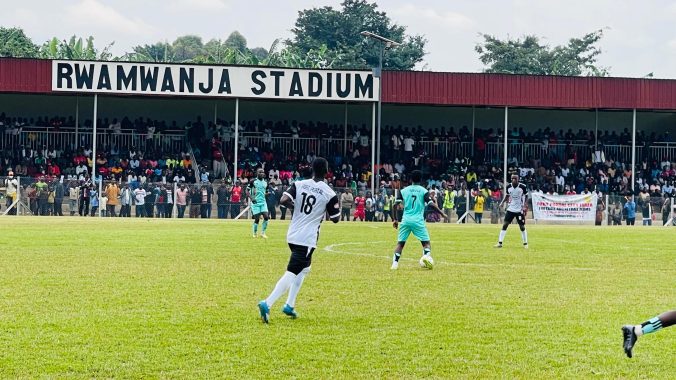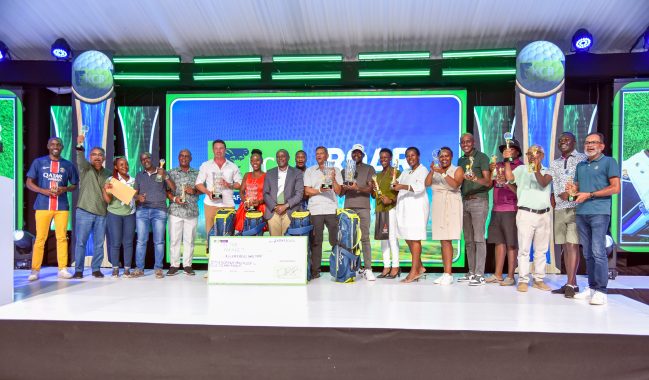NWSC Fails To Generate Power Because Of Poor Pupu Of Kampala Residents
The human waste generated from Kampala residents does not have the right ingredients to produce methane which was targeted for producing additional electricity for heating, lighting, and cooking in the city.
The result is that a bio-digester project to produce electricity in a facility owned by the National Water and Sewerage Corporation (NWSC), Kampala is at a standstill.
“It seems that what we are eating is lacking something, the diet of the people is not producing methane,” said Dr Florence Grace Adongo the director of water resources management in the Ministry of Water and Environment.
The Bugolobi Wastewater Treatment Plant also called Bugolobi Sewerage Treatment Plant is a wastewater treatment project in Uganda.
The plant located at Nakawa division is the largest wastewater treatment plant in the countries of the East African Community. It is capable of processing 45m litres (45,000 m3) of wastewater daily.
The bio-digesters in this plant were expected to generate gases, which will be heated to generate 630 kilowatts (840 hp) of electricity. The electricity was also planned to be used internally in the plant.
Adongo said that the bio-digester failed to function from the beginning.
“Scientifically the human wastes going into the sewer must be of some waste composition. It is low for methane, it is not viable,” Adongo explained.
She noted that they tried to look for additives including wastes from breweries to add to the wastes ingredients but it was a failure.
“The plant can’t produce methane. It is still a work in progress,” Adongo added.
In addition, the solid wastes removed from the wastewater, are dried and being sold as fertiliser and raw materials for the manufacture of cooking briquettes.
This project received funding from the Government, the African Development Bank, the European Union, and KfW.
Construction began in May 2014 and was concluded this year, 2021.
https://www.youtube.com/watch?v=dqFBJxF3wn0

The Maverick is a seasoned Journalist and writer currently working for Galaxy FM. Connect with him on Social Media using the links below



